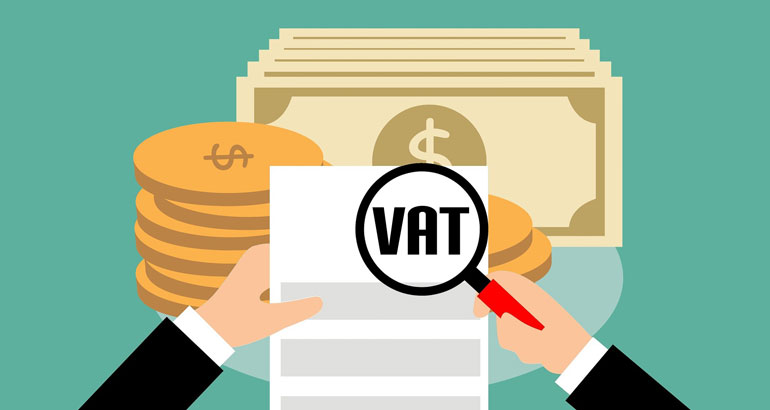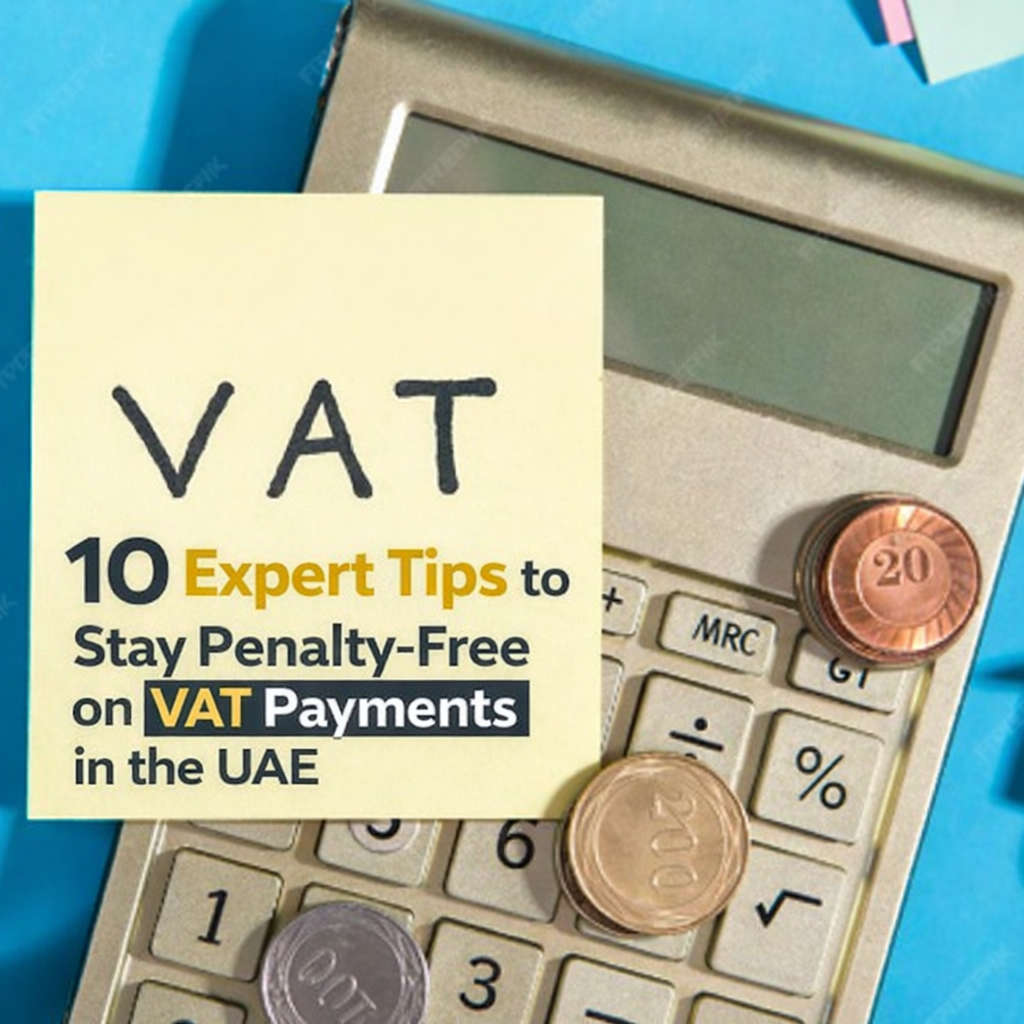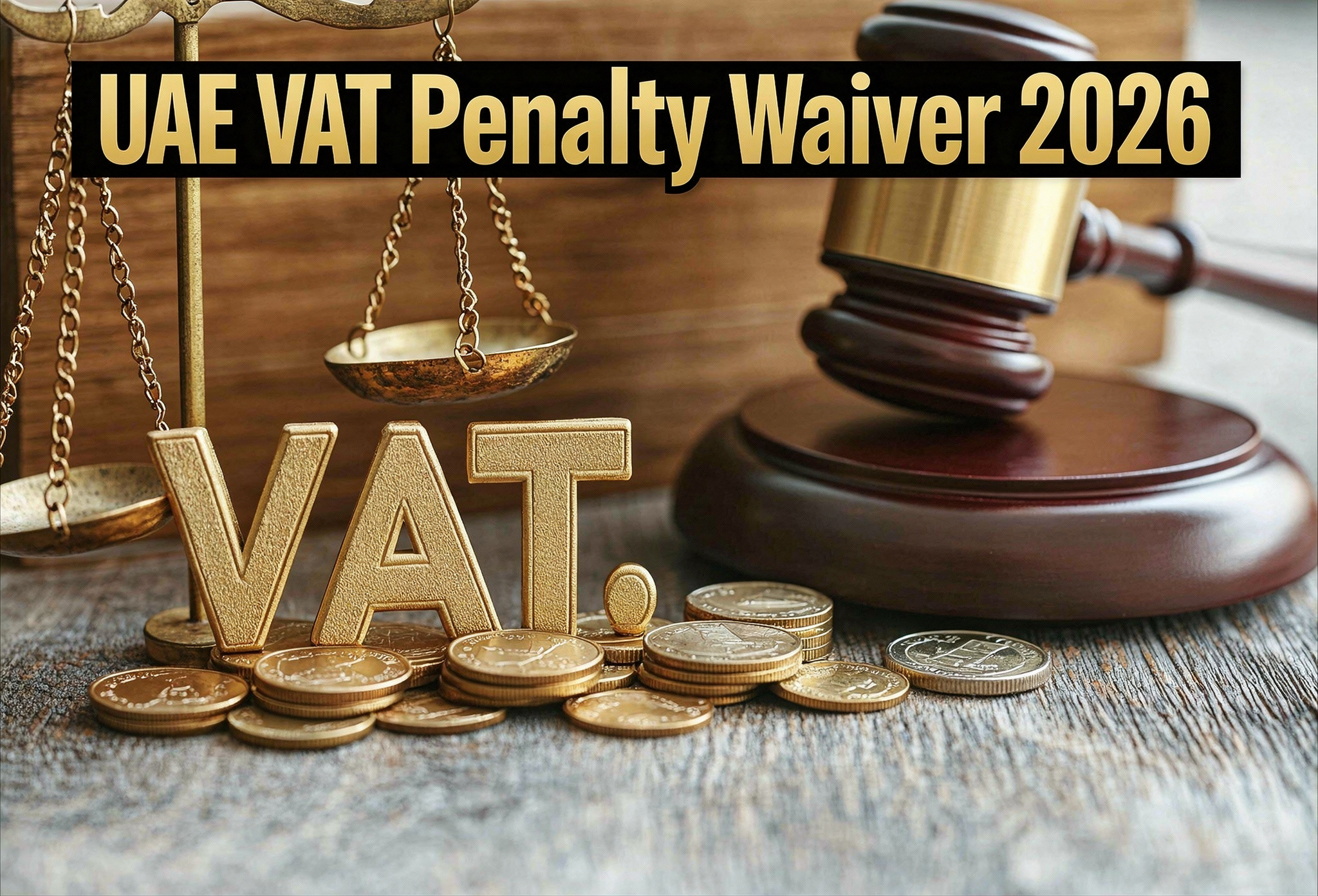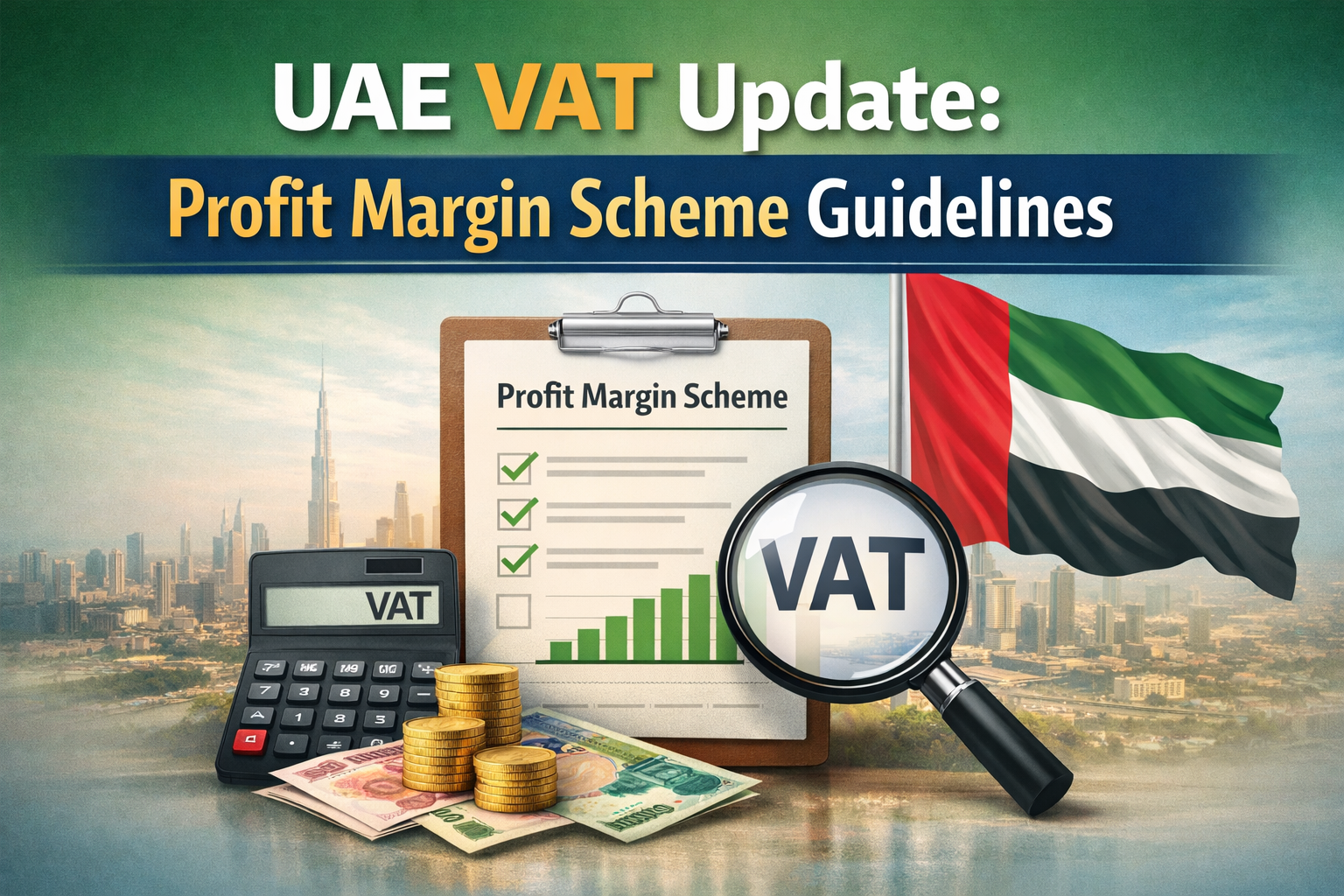VAT is a consumption tax levied on purchasing or importing goods and services within a country. This helps to raise funds for the government. Value-added tax is calculated by adding the value of all intermediate goods and services used in production and then deducting any related discounts and refunds from this total.
It’s one of the most prevalent forms of consumption tax found worldwide, countries levy VAT on the majority of supplies of goods and services that are bought and sold.
Now, VAT in UAE has been reformed, where 24 articles were altered, and one extra article was added. This new amendment would be seen effective from 01.01.2023.
Before that, let Us Understand About Taxes in UAE.
It is a known fact that the United Arab Emirates is a tax haven with extremely tax-friendly policies. The nation does not impose an income tax, which minimizes tax liabilities and offers several other advantages. Moreover, the country has signed several agreements with other nations to avoid double taxation.
Major types of taxes in UAE are,
Corporate Tax – Corporate tax in UAE is currently at 0%. However, the nation plans to bring corporate tax into the application from July 2023 or January 2024 – Depending on the financial year followed by the business.
Excise Tax – The excise tax in UAE was introduced in 2017 as an indirect tax implied on specific health and environment-damaging goods.
VAT – VAT in UAE is on the consumption of goods and services. Businesses collect a 5% VAT on behalf of the government. Tourists are allowed to claim their VAT.
All About UAE VAT Law Amendment
Let’s look at the changes made to the Federal Decree Law
- Article 5 of the law is extended to a scenario more than two parties engage in a contract involving the transfer of products at a later date.
- Article 7 has a new clause that the executive regulations may identify any further supply exempted from the UAE application.
- Article 15 now allows zero-rated supplies to request exemption from VAT registration.
- The law now has the authority to deregister a taxpayer for causes other than those specified in the Decree Law, per an amendment to Article 21 governing deregistration.
- The updated Executive Regulations, anticipated to be made public soon, will likely include details on the relevant “controls and conditions.”
- Article 30 (8) on the place of supply in exceptional cases now states that the starting point of transportation will now be the place of supply for transportation-based services.
- Article 30 (3), the special place of supply is applicable to service provided on goods.
- Article 33 clarifies that the place of residence of the principal will be considered the residence place of the agent.
- Article 37 (value of deemed supply) will now be replaced by Article 36, which deals with the special anti-avoidance rule for the value of the supply or import of goods and services between related parties.
- Clauses 4, 5, and 6 of Article 45 specify other commodities exempt from paying VAT.
- This covers the import of vehicles, the import of accessories for vehicles, and the import of rescue ships and planes.
- Clauses 4, 5, and 6 of Article 45 list other commodities like importing vehicle accessories, rescue ships, and planes under tax-exempted services.
- Pure Hydrocarbons will be subject to the domestic reverse charge, according to Clause 3 of Article 48
- Article 55 is added with two new clauses regarding input VAT recovery. The conditions for the taxable person to recover VAT paid or declared on importing goods or services are outlined here.
- Article 57 mentions that government entities can recover input VAT to provide sovereign activities. The same goes for charitable activities, where they can recover input VAT from the provision of charitable activities.
And so on. Apart from this, specific terms have been clearly defined under article 1 of Decree-Law, and they are.
- Relevant charitable activity
- Tax evasion
- Tax audit
- Tax assessment
- VD
- Tax Procedures Law





